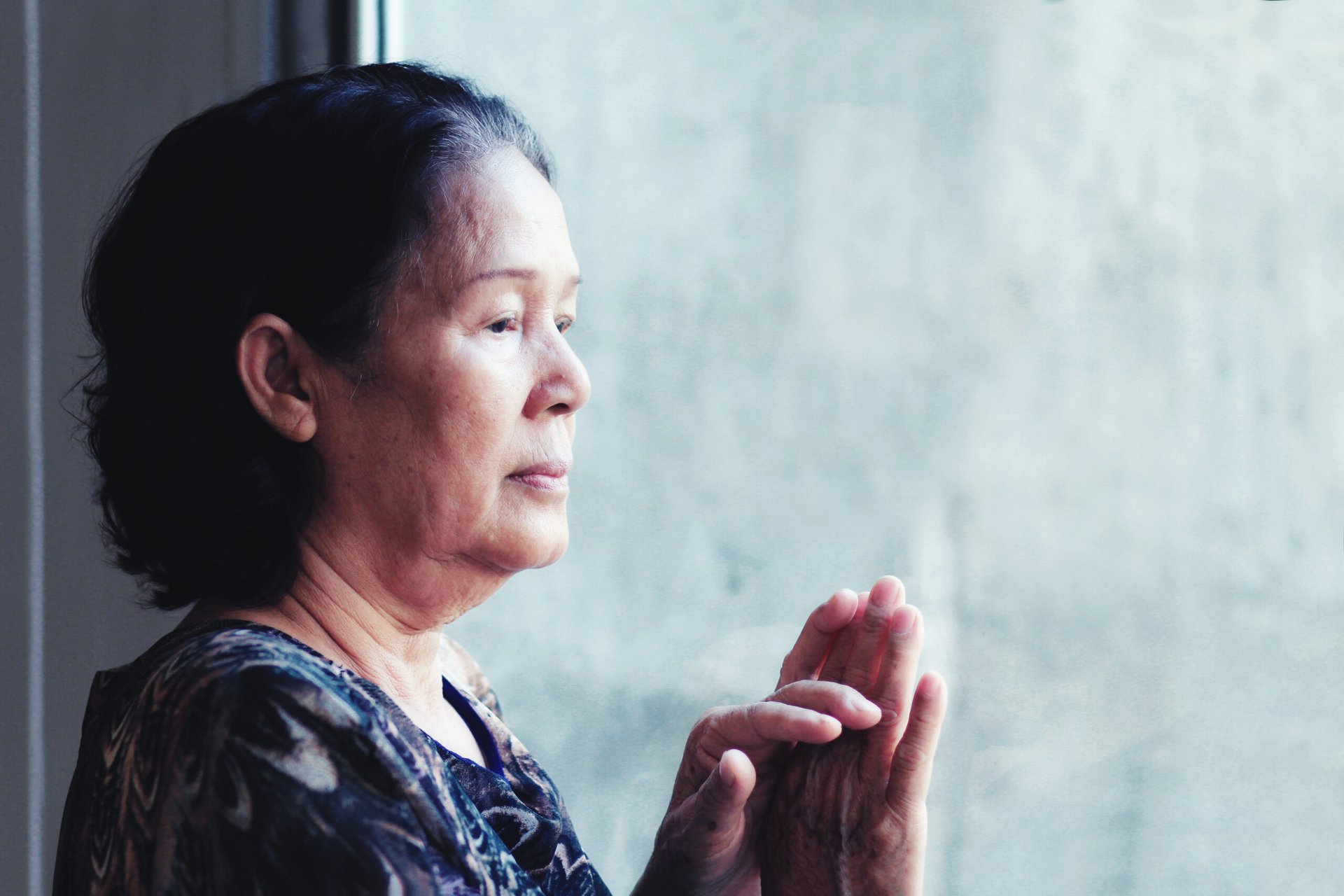
During the coronavirus pandemic, many of us tried to stay in touch with loved ones and others by using technologies such as Zoom, or by contacting people on our cellphones.
But for one group — those who are 60 and older — using these practices in isolation appeared to backfire, making them feel lonelier, according to a recent study out of the University of British Columbia in Canada and Lancaster University in the United Kingdom. It was published in the journal Frontiers in Sociology.
People age 60 and older who relied on only telephone and online contact to stay close to others paradoxically felt lonelier during the pandemic, the study of more than 5,000 older adults found.
By contrast, those who maintained face-to-face contact with others and used virtual contact merely as a supplement to real-life forms of contact experienced enhanced well-being.
The study’s authors stressed that their findings merely found an association, not a cause-and-effect relationship, between virtual contact and an increased sense of loneliness. They stressed that more research is necessary to confirm their findings.
However, study co-author Yang Hu of Lancaster University bluntly told the BBC, “Virtual contact on its own is not beneficial to older adults’ mental health.”
Most of the study participants were based in the UK, although roughly one-fifth were located in the U.S. The study noted that for seniors in both countries, “the increase in loneliness following the outbreak of the pandemic was greater for older adults who reported more virtual contact.”
It is possible that people who feel isolated and lonely are simply more likely to make virtual contact more often, the researchers said. However, Hu also described the study results as “quite robust” and said they “cut across very different contexts in the UK and the US.”
In commenting on the study’s findings, Caroline Abrahams, charity director at Age UK, told the Guardian:
“We know the virtual environment can exacerbate those feelings of not actually being there with loved ones in person.”





Add a Comment
Our Policy: We welcome relevant and respectful comments in order to foster healthy and informative discussions. All other comments may be removed. Comments with links are automatically held for moderation.